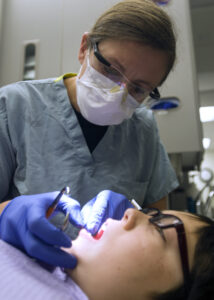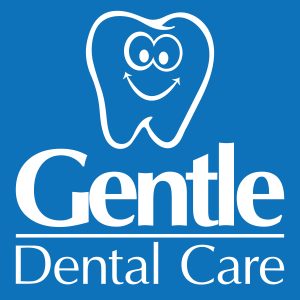What is mouth cancer and can I prevent it?
Believe it or not, mouth cancer is one of the most common forms of cancer in the United States. About 1 in 75 men and 1 in 50 women will develop some form of mouth cancer. This is why 6-month visits are essential to your body’s overall health; if detected early, the prognosis will turn out much better. Mouth cancer can develop on any part of the mouth and can also be extremely painful.

If you have any questions or concerns about your oral health then please don’t hesitate to contact us.
There are many probable causes of mouth cancer, but certain risk factors contribute to it more than others. Careful examination of your mouth while performing oral care like brushing and flossing is important. This will help you identify early signs of mouth cancer so that you can consult with your physician before it’s too late.
You cant prevent mouth cancer, but you can make sure that you always notice it at first symptom.
Early Signs of Mouth Cancer
- Sores and Ulcers: These are some of the most common signs of mouth cancer. Sores normally vary in size and can appear on the tongue, cheeks, throat, and gums. Don’t think that just because you have these sores, it’s automatically cancer; this is not true. Please consult with your primary care physician or us before making any assumptions.
- Patches in the Mouth and Throat: Another possible mouth cancer symptom is red or white patches in the mouth and throat. There can be many different looks of these patches, and they may come or go. Furthermore, your doctor should look at patches that don’t go away in a few days.
- Lumps in the neck: If you have mouth cancer, you typically experience swollen lymph nodes because the body will focus all of its resources on eliminating cancer. These lumps can typically be felt alone by your fingers; swollen lymph nodes are likely to continue growing or remain enlarged.
- Bleeding of the mouth: Bleeding is an early sign of mouth cancer, but again, don’t automatically assume the worst. Many issues could justify bleeding, but unexplained blood loss would require medical attention.
Consult with us now

We accept all major insurance policies. Get in touch today!
If you have any concerns, then it would be best to give our office a call. While we are not your physician, we are still medical professionals who can help you with any problems. You can contact us today at (281) 855-1100. Our staff members are more than ready to help you out.